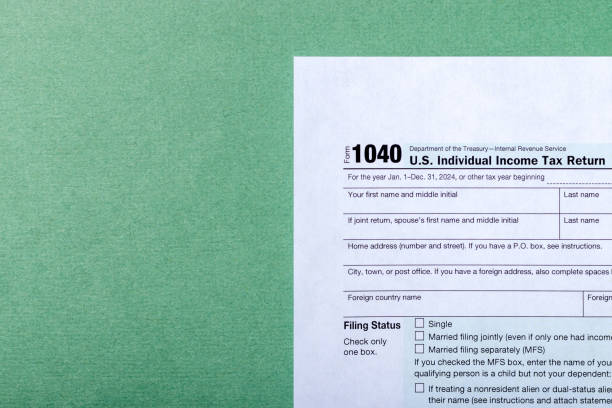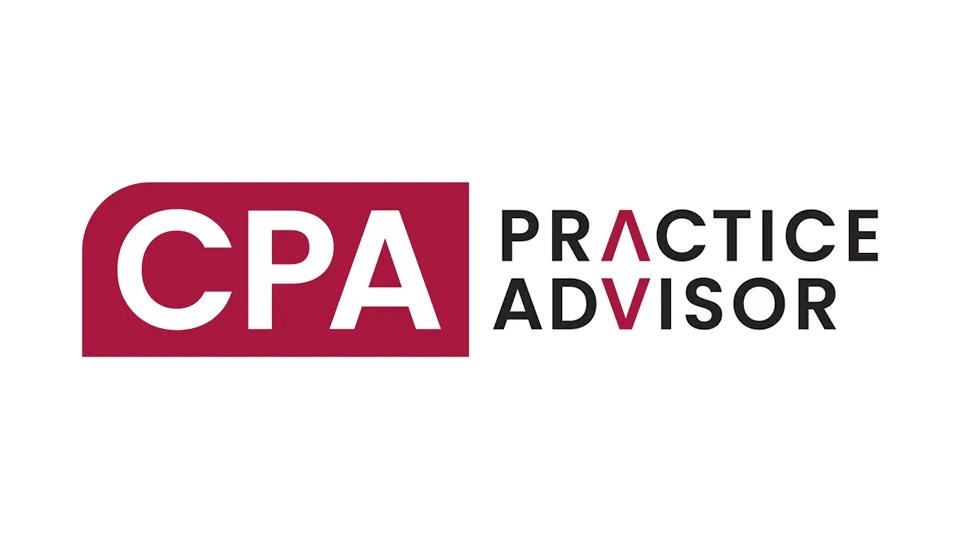In the wake of the entertainer Prince’s death, it has been called “the worst estate planning sin a wealthy artist could commit: leaving no will at all.”
Rather than providing a clear plan for dividing his assets among loved ones, Prince may have created a situation where there could be decades of legal fights within his family. And, without a will, Prince’s legacy misses out on a huge concern he’d confronted during his career – to be an example, illustrated in a will, of freeing artists from restrictive recording contracts.
Why? The reason may never be clear.
“Consciously or otherwise, some people simply do not deal well with addressing after-death legacy,” says attorney Hillel Presser of the Presser Law Firm, P.A., which specializes in comprehensive asset protection, which includes wills.
“I have no idea whether Prince had some other principle at work, but the lack of a will clearly lays the burden on the living, who are left with an abundance of guesswork.”
Presser’s recommendations for those who don’t want to follow in Prince’s footsteps include:
- If you don’t have a will, get to work on one. Eighty percent of American adults have something in common with Prince – they have no will. That’s a mistake; even more so if you have a family. Your heirs could end up feuding over your possessions, maybe even taking each other to court. If you have children who are minors, what would become of them if you and your spouse both died? In a will, you could give clear instructions on who you would want to appoint as their guardian.
- If you have a will, consider updating it. An old estate plan can be worse than none at all. Maybe you are now divorced. Maybe your financial situation has changed significantly enough that you want to make other plans for what you leave behind. If you have assets now that you didn’t have when you drew up the original will, you will want to add them so that there’s no confusion after you die.
- Find a good estate planner. This is particularly important if you have a taxable or complex estate. A good estate planner can save you a fortune in estate taxes and help you achieve other estate-planning objectives, including some you might have overlooked.
“Find attorneys you can trust,” Presser says. “If you have legal claims against you after death, then an asset-protection attorney should work with your estate-planning attorney so that your heirs get as much of your estate as legally possible – creditor-free.”
————-
Hillel L. Presser’s firm, The Presser Law Firm, P.A., represents individuals and businesses in establishing comprehensive asset protection plans. He is a former adjunct faculty member for law at Lynn University and offers complimentary copies of his book “Financial Self-Defense” through www.assetprotectionattorneys.com.
Thanks for reading CPA Practice Advisor!
Subscribe Already registered? Log In
Need more information? Read the FAQs
Tags: Tax Planning



